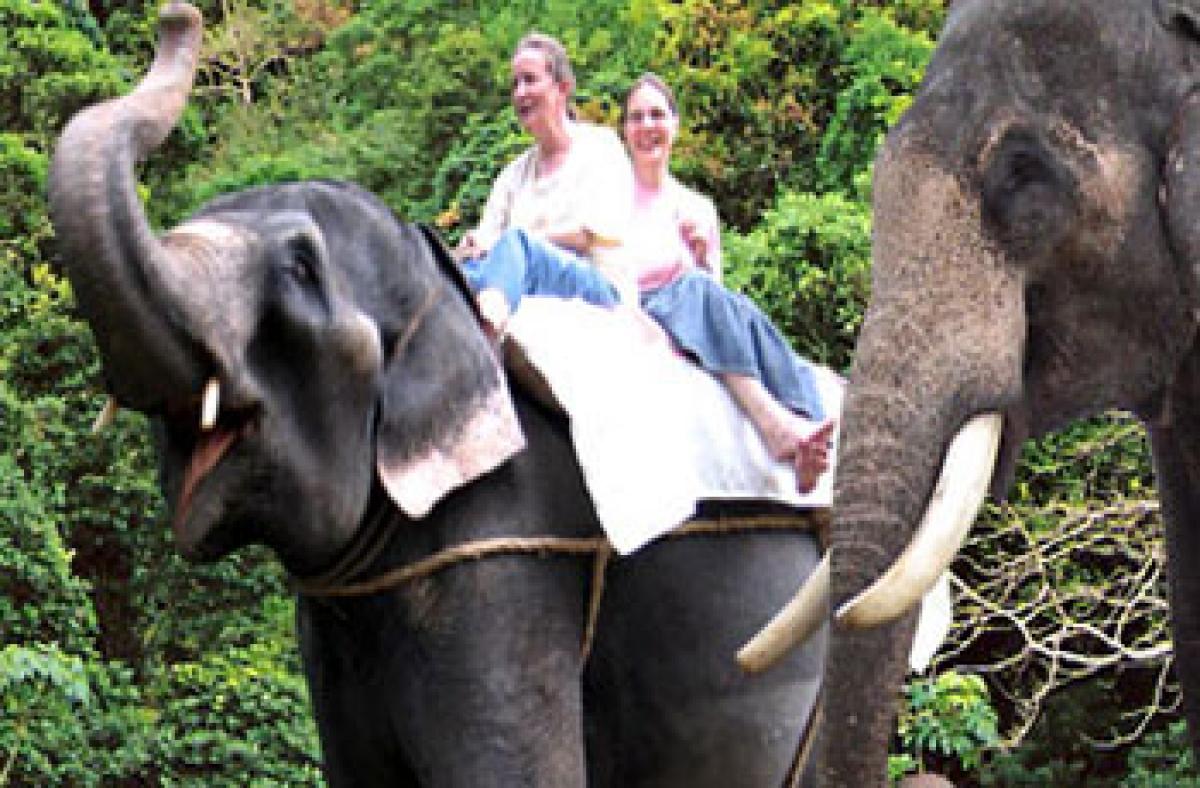Live
- ROB ready by March-end
- 30.1-9-49-10 – Anshul Kamboj picks up all 10 wickets in Haryana vs Kerala Ranji Trophy match
- South Korean FM Cho, Blinken hold talks on margins of APEC summit in Peru
- India’s insurance sector growth surpasses China, Thailand: McKinsey
- CLOSE-IN: Indian cricketers from Paupers to Princelings
- Delhi-NCR's air quality remains hazardous for residents
- South Korea, US, Japan to announce establishment of trilateral secretariat this week
- North Korean leader Kim orders mass production of suicide attack drones: KCNA
- Calcutta HC to hear next week plea for CBI probe into death of Jhargram Hospital doc
- Nigeria reports 15,000 AIDS-related deaths annually: Official









